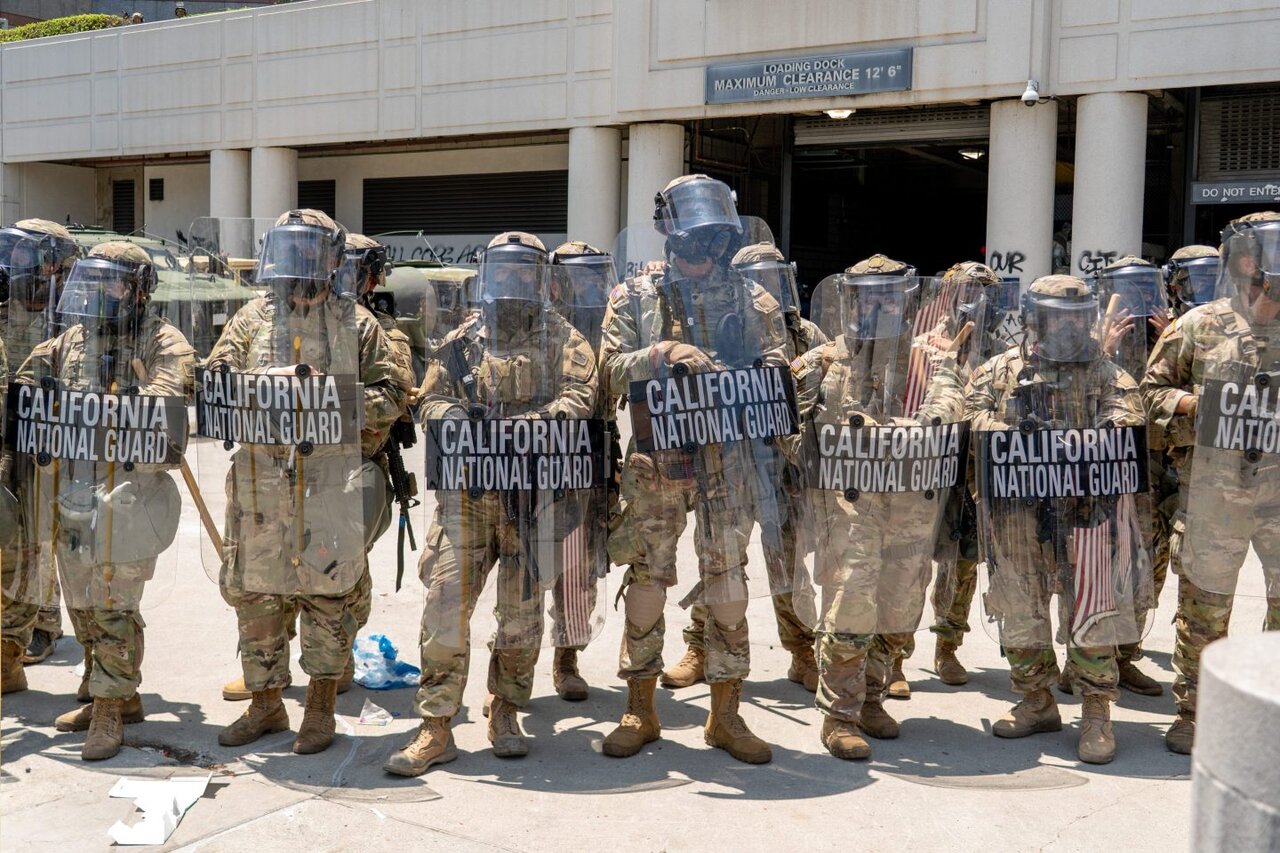
Similar Posts
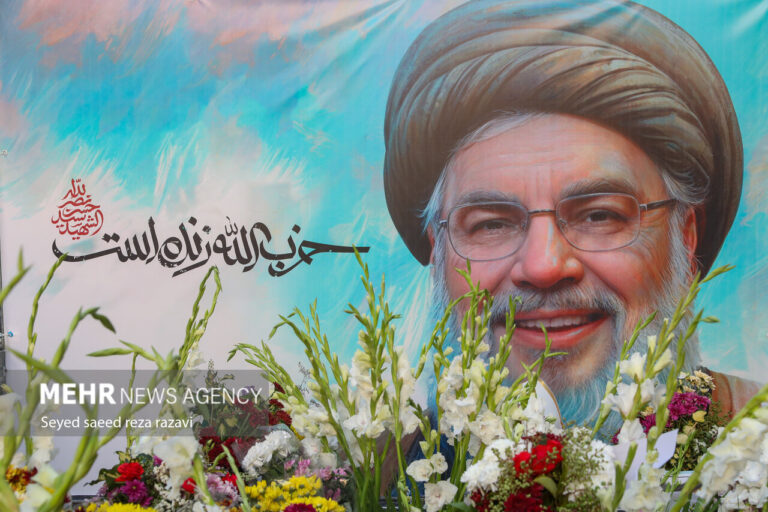
Exploring the Defining Traits of Sayyed Nasrallah: Key Landmarks of His Personality
Sayyed Nasrallah has transformed Lebanon’s political landscape by emphasizing the quality of ideas and resilience against external influences. His leadership has fostered a grassroots movement that surpasses traditional party dynamics, as supporters internalize the principles of resistance. Nasrallah stands as a symbol of authenticity, defiance, and a guiding light for liberation movements worldwide, advocating for the people’s concerns and the core issue of Palestine. His approach to leadership is marked by humility and clarity, reshaping the essence of resistance. His influence extends beyond Lebanon, establishing a legacy of resilience and commitment to liberation that redefines political engagement.
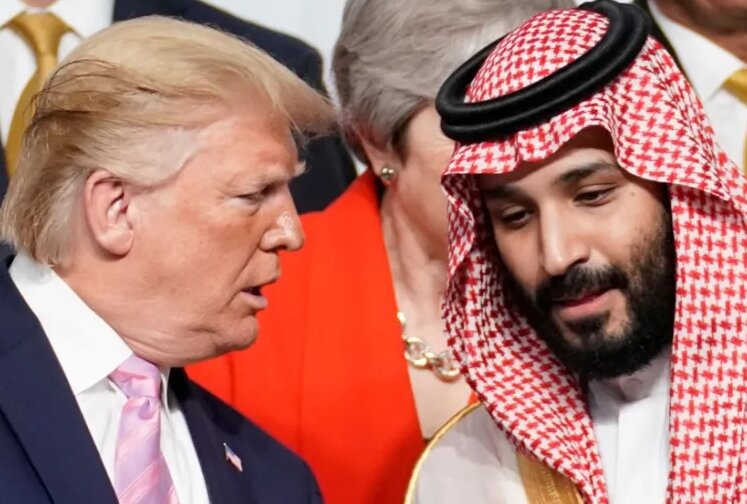
Yemen Urges Riyadh: Heed Zelensky’s Lessons or Face Dire Consequences
Mohammed Farah, a key figure in Yemen’s Ansarullah movement, has warned Saudi leaders about their alliance with the U.S. following a diplomatic snub of Ukrainian President Zelensky. Farah questioned the safety of Saudi wealth in American banks, highlighting the U.S.’s disregard for allies like Zelensky as a cautionary tale for Arab nations. He emphasized that if the U.S. can abandon its closest allies, Arab countries may face even harsher treatment. Farah’s comments reflect growing unease among regional leaders about their dependence on American support, urging Saudi Arabia to reassess its international strategies amid shifting geopolitical dynamics.

Unveiling the Nakba: A Compelling Book Review on Its Historical Significance
“Voices of the Nakba: A Living History of Palestine,” edited by Diana Allan, is a significant oral history collection that documents the experiences of over 700,000 Palestinians expelled from their homeland during the 1948 Nakba. Drawing on two decades of research, the book features personal stories from first-generation Palestinian refugees, primarily in Lebanon, organized into four sections: life before 1948, resistance during the British Mandate, the violence of 1947-48, and reflections on exile. Through authentic narratives and scholarly commentary, it highlights themes of loss, survival, and resistance, urging readers to acknowledge the ongoing plight of Palestinians and their struggle for justice.
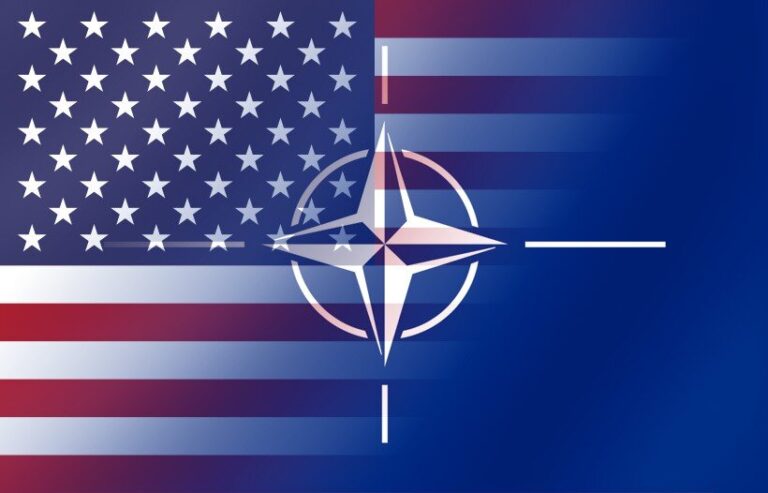
US Contemplates Cutting Nearly All NATO Funding: What It Means for Global Security
The Trump administration is considering a substantial budget overhaul that could eliminate nearly all U.S. funding for international organizations like the UN and NATO, as part of a plan to cut the State Department’s budget by almost 50%. Proposed reductions also target peacekeeping operations, educational and cultural exchanges, and humanitarian aid. While Secretary of State Marco Rubio’s position on the cuts remains unclear, the proposal is described as “aggressive” and may reshape U.S. foreign policy. Critics warn it could weaken global stability and alliances, while proponents argue for prioritizing domestic issues. The outcome will significantly influence international relations.
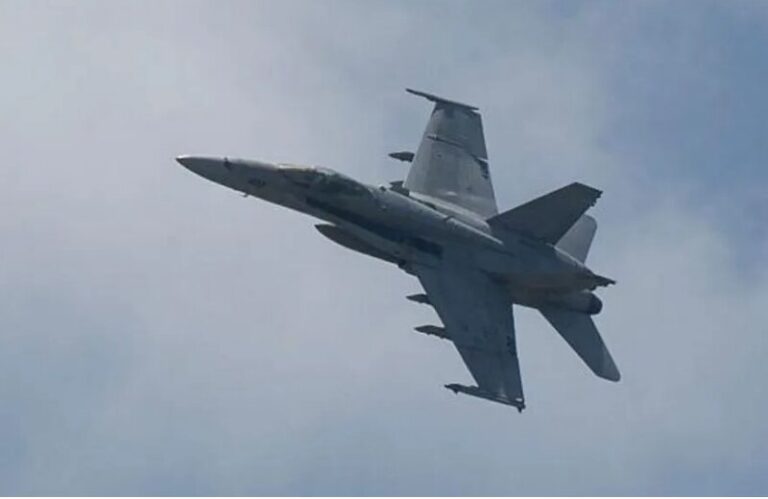
US Military Mishap: Another Warplane Down Off Yemen’s Coast
The US Navy has faced operational challenges in the Red Sea, losing two F/A-18 Super Hornets from the USS Harry S. Truman within a week amid intensified military operations against Ansarallah in Yemen. The latest incident involved an arrestment failure during landing, while both pilots successfully ejected before the crash. This follows a previous incident where an F/A-18 fell during evasive maneuvers against missile fire. The ongoing conflict highlights the risks associated with US military operations, prompting investigations into safety protocols and operational strategies to protect personnel and equipment amid escalating tensions in the region.
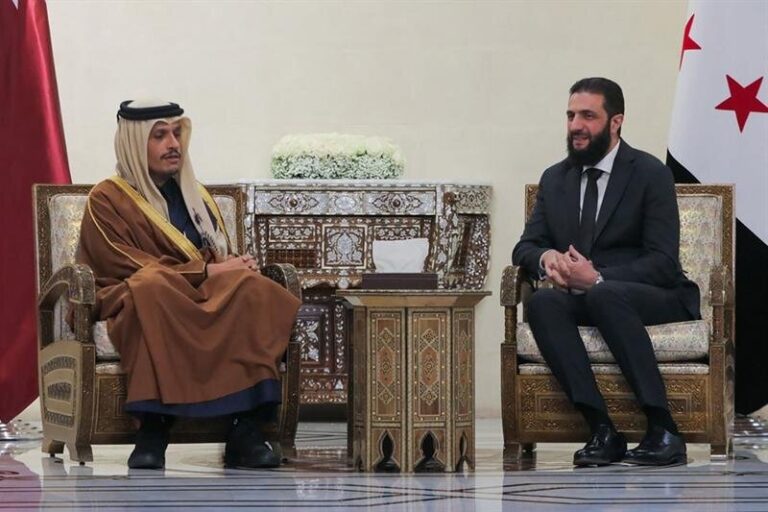
Qatar PM Urges Israel to Withdraw from Strategic Syria Buffer Zone
Qatar’s Prime Minister, Sheikh Mohammed bin Abdulrahman Al Thani, has called for the immediate withdrawal of Israeli forces from a UN-designated buffer zone in Syria, criticizing Israel’s military actions as reckless and detrimental to regional stability. His remarks came during a press conference in Damascus, where he also pledged Qatar’s support for Syria’s infrastructure rehabilitation after years of conflict. Sheikh Mohammed emphasized the need for cooperation with Syria and called for lifting sanctions that hinder recovery efforts. Meanwhile, discussions within the EU about potentially easing sanctions on Syria reflect a growing focus on humanitarian relief in the war-torn nation.